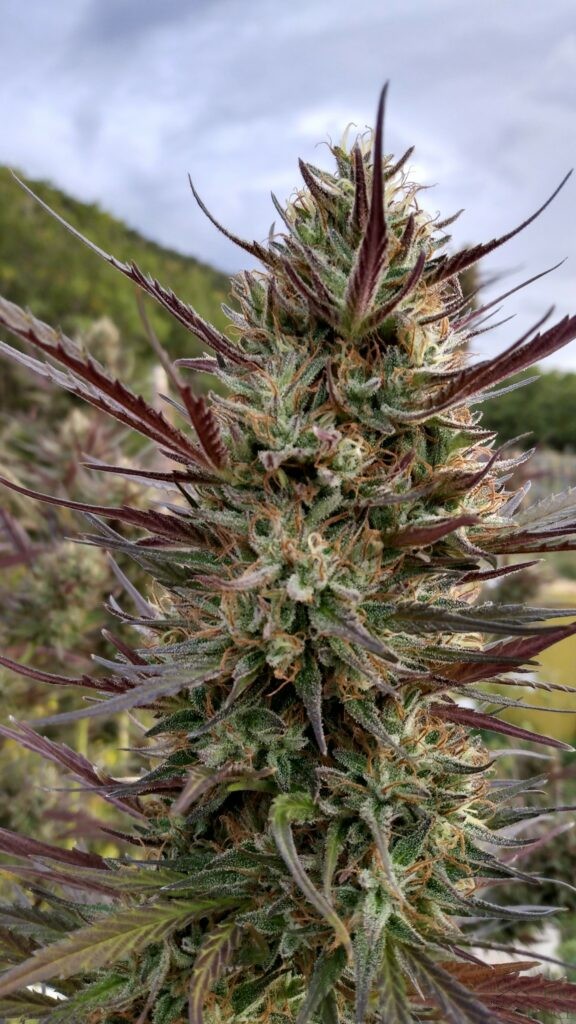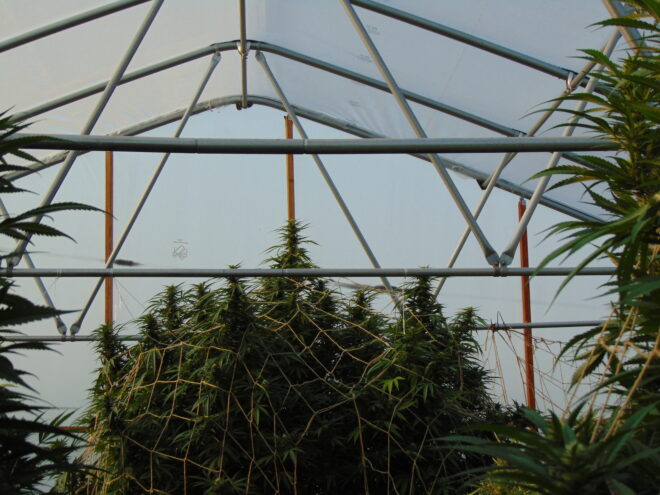Based on the information provided in this document, here are the key points about Cannabis sativa:
1. Cannabis sativa L. is considered to be a single species within the Cannabis genus, though there is still some debate about the taxonomy.
2. It is an extremely versatile plant that has been used by humans for thousands of years for various purposes including medicine, fiber, food, and psychoactive effects.
3. C. sativa is typically divided into two main types:
– Fiber-type (hemp): Contains less than 0.3% THC
– Drug-type (marijuana or medicinal cannabis): Contains more than 0.3% THC

4. The drug-type is often referred to as “sativa” or “indica” in popular nomenclature, based on CBD/THC ratios, but this doesn’t always align with the taxonomic classifications.
5. C. sativa shows high genetic, morphological, and chemical diversity due to its long history of cultivation and adaptation to different environments.
6. Different parts of the C. sativa plant (leaves, seeds, flowers, roots, etc.) contain different concentrations of various compounds like cannabinoids, terpenes, flavonoids, etc.
7. The versatility and diversity of C. sativa has made it valuable for many traditional uses, as well as modern medical and industrial applications.
The document does not specifically contrast C. sativa with other forms of cannabis, as it treats Cannabis as a single species. The main distinctions discussed are between fiber-type and drug-type plants, rather than between different species. The diversity within C. sativa itself is emphasized, rather than differences between species.
